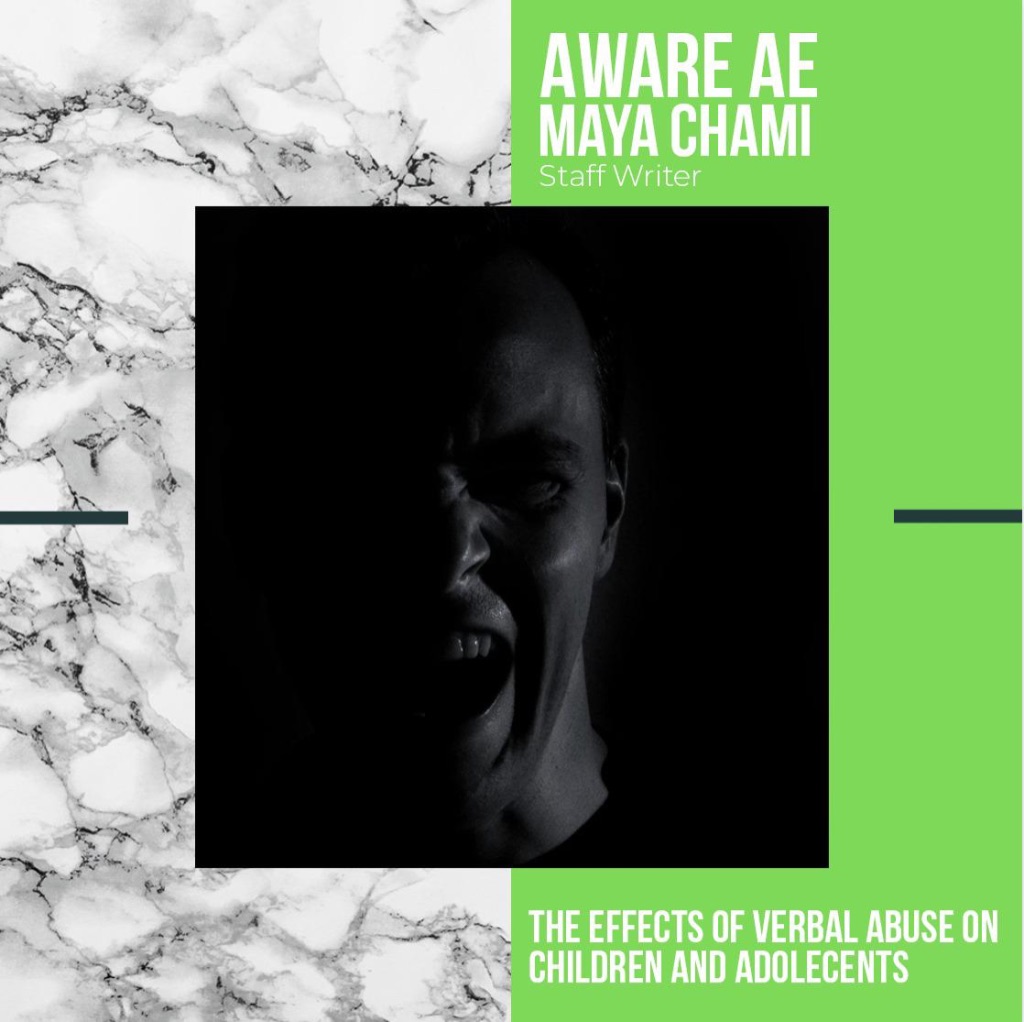While the effects of all forms of abuse on children are detrimental and unforgiving, there has been less focus on what is known as “verbal abuse”. Verbal abuse is the type of abuse that is more subtle and less acknowledgeable. It consists of the types of phrases or words that are said without a moment of thought, without acknowledging or realizing the consequences of what is said. Whether intended to hurt or otherwise, verbal abuse has adverse effects on your mental state.
What is Verbal Abuse?
In technical terms, verbal abuse is known as “any type of communication that attacks someone personally or professionally.” Verbal abuse could be in the form of yelling at someone, throwing insults at them, or even threatening to harm them. It is also important to differentiate between violent verbal abuse and verbal abuse that is sexual in nature. The latter type goes under what is known as “child sexual abuse”. Under the context of child sexual abuse, verbal abuse is thought of as an adult saying disturbing phrases that underlie sexual connotations to a child. Due to specificity purposes, this article will focus on the verbal abuse that is violent in nature, which can lead to psychological and physical harm.
Verbal abuse, whether we like to believe it or not, oftentimes comes from people we love, and this is what makes it hard to dismiss whatever is said. Typically, parents could be the ones who spread this abuse in the form of love, without even knowing it. Simple statements such as “you are a bad person” coming from people you value can sometimes contain damaging effects that are long-lasting. Verbal abuse comes in many forms. It can be direct and clear – like screaming insults at someone – or it can be underlying and hard to understand – like a simple whisper of “do not sit that way honey, your saggy tummy shows”. At first glance, the simple remark can be just that, a remark. Though, if it is constantly repeated, it eventually becomes a heavy ball of damage that could explode any second into low self-esteem, depression levels, a number of personality disorders, and other mental health issues that will be mentioned below.
Effects of Verbal Abuse on Children & Adolescents Mental Health
Childhood verbal abuse is associated with not properly developing social relations as children and adolescents, or having trouble doing so. Furthermore, childhood verbal abuse increases the chances of having different personality disorders due to the correlation of personality disorders with troubles in social relations. As a result, adolescents will likely go through feelings and thoughts that are maladaptive in nature. These are basically irrational feelings that you believe to be true. Moreover, feelings of shame, doubt, guilt, and inferiority in addition to identity diffusion surface.
It is important to note an additional factor that is linked to verbal abuse: self-esteem, or lack thereof. Children and adolescents exhibit low self-esteem and confidence, through which they result to self-blame and self-hate. Not only this, but the development of separation anxiety, an unbalanced mood, stress, and even self-harm behavior is showcased as a possible result of verbal abuse. Lastly, verbal abuse also is linked with high levels of depression.
Verbal abuse is hurtful, whether it is intentional or not. If you have ever been a victim of these types of “small remarks”, which may have substantial effects, do not be afraid to voice your discontent. If you find yourself having any of the above mental health effects, do not be afraid to seek help.
We have to be conscious and responsible of what we say and how we say it. What may seem as “not a big deal” to many of us can, in fact, be someone else’s recurring nightmare.
